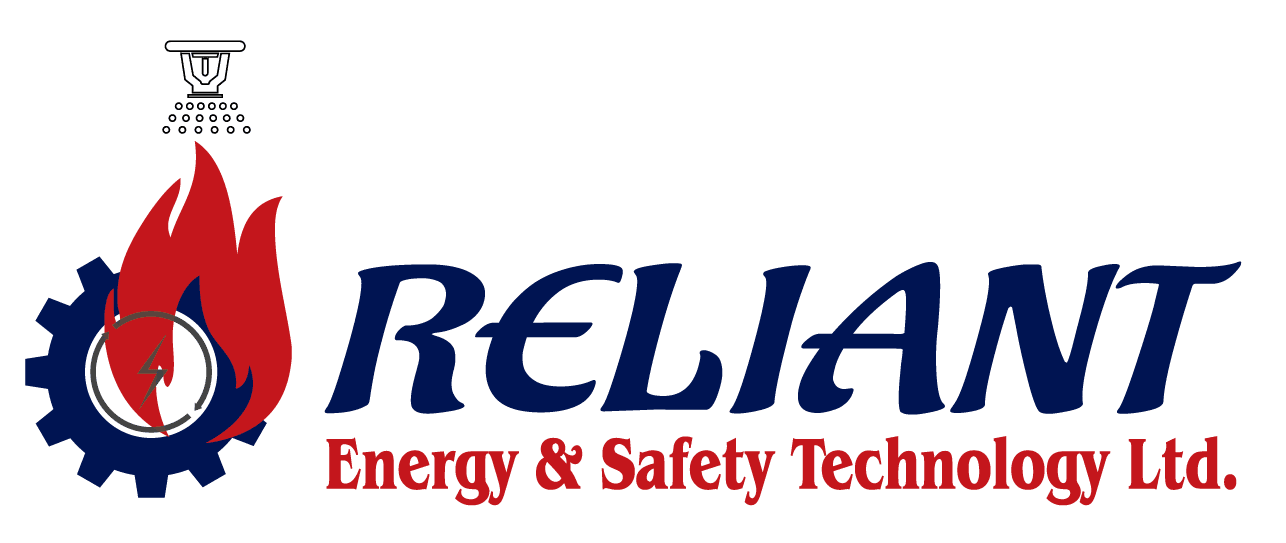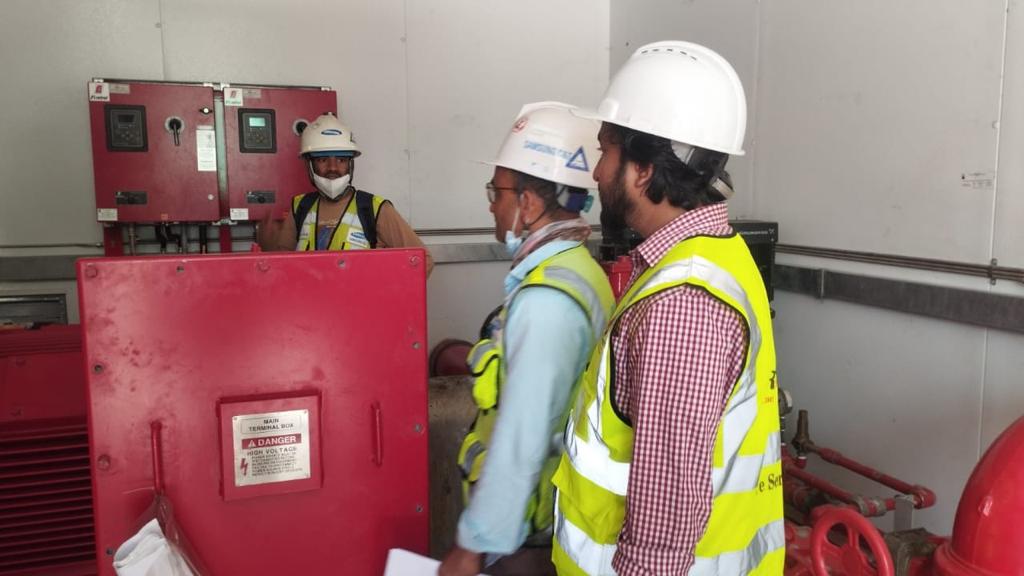“Fire Safety For Manufacturing Plants” is not merely a regulatory obligation but an imperative facet of operations in any manufacturing facility. In a manufacturing plant, where things are always moving and there are lots of potential fire risks, fire safety is very important. Fires are very likely to happen in manufacturing sites because of the flammable materials, heavy machinery, and electrical systems that could be there.
This piece goes into great detail about the very important topic of fire safety for factories. It talks about the specific problems, rules, and best practices that are needed to keep operations running smoothly, protect the lives of workers, and keep valuable assets safe. Not only is it the law, but companies also have a responsibility to understand and follow strong fire safety measures. This protects both the people who work there and the processes they depend on for production. Come with us as we break down the most important parts of fire safety for factories, so businesses can grow in a safe space.
1. Install & Maintain Your Commercial Fire Protection System
The fire protection device in your factory is the first line of defense against fire. Your building has a whole system in place to keep fires out of the building and away from everything and everyone inside it. This system includes fire detection and control.
When you’re building a new factory, you should work with a fire protection solutions provider with a lot of experience. They can help you come up with a solution that is unique to your building and the risks it poses.
If you already have a fire protection system, make sure you keep up with your provider’s testing and maintenance plan. If you want to avoid industrial or manufacturing fires, your fire detection and suppression device is the first and best thing you can do. It’s dangerous for your employees and your business if it’s not well taken care of.
2. Have a Fire Evacuation Plan For Your Manufacturing Facility
First and foremost, it’s important to keep manufacturing facilities fire-free. But if there is a fire, your workers must know how to safely put it out. Every factory and other commercial building should make a full fire evacuation plan. Your workers should be able to follow this plan to safely leave the building in case of a fire. Once you’re done, make sure that everyone on your staff knows how to follow your escape plan. A lot of places choose to put escape plan maps right on the walls of their buildings so that workers always know how to get out safely in case of a fire.
3. Heavy Machinery and Equipment Special Hazard Fire Systems
A lot of heavy equipment and machinery Customized fire safety systems called Special Hazard Fire Systems are made to deal with the unique problems that come up in industrial settings where big machines and tools are used. These systems are very important for keeping fires from starting when machines break down, when processes are heated up, or when burning materials are present.
Most of the time, Heavy Machinery and Equipment Special Hazard Fire Systems use advanced technologies like heat detectors, high-sensitivity smoke alarms, and automatic suppression systems. The goal of these systems is to quickly react to possible fires and put them out effectively, lowering the risk of harm, damage to property, and interruptions to operations.
For these specialized fire protection systems to work well in businesses where heavy machinery is important, they need to be maintained regularly and safety rules must be followed.
4. Training Employees in Fire Prevention and Response
Training employees in fire prevention and response is a fundamental component of a comprehensive fire safety strategy, particularly in industries with specialized hazards like heavy machinery and equipment. Such training empowers workers to recognize potential fire risks, take preventive measures, and respond effectively in case of a fire emergency. Employees learn to operate fire safety equipment, understand evacuation procedures, and use fire suppression systems. This knowledge not only minimizes the risk of fire incidents but also enhances safety in the workplace. Regular fire safety training sessions, along with drills and refresher courses, are essential to ensure that employees are well-prepared to protect themselves, their colleagues, and valuable company assets from the devastating impact of fires.
Conclusion
Finally, “Fire Safety For Manufacturing Plants” is not an option; it’s a must. There are many things that could start a fire in a manufacturing plant, from heavy machines to materials that can catch fire. Putting fire safety first, following special rules, and spending money on Heavy Machinery and Equipment Special Hazard Fire Systems are all important ways to keep people safe, protect property, and keep these important industries running smoothly. Manufacturing plants can make sure they continue to be successful in a safe and productive workplace by recognizing the unique risks and taking steps to reduce them.

